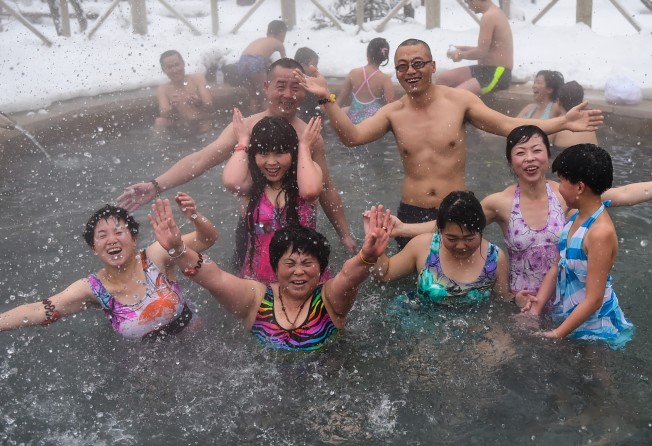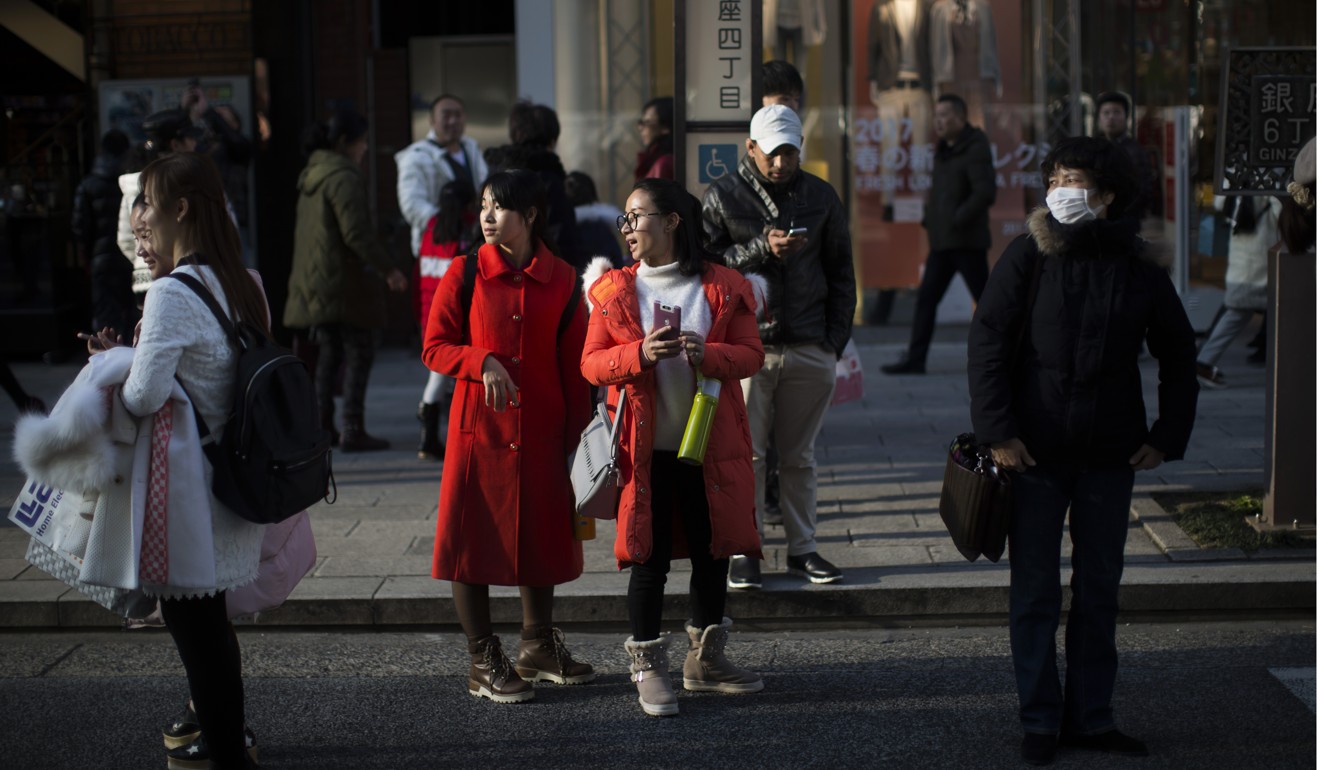Hong Kong people cling to ‘cold’ Japan when they should warm to China
Peter Kammerer says China has the superior destinations and its people are less aloof, making Japan’s enduring appeal as a travel destination among Hongkongers a mystery

The love of some Hongkongers for Japan has long baffled me. After a recent visit to Osaka and Kyoto, the heartland of Japanese culture, I’m still flummoxed. The streets are cleaner, the infrastructure first-rate and the people less nosy and noisy, but dollar for dollar, there’s nothing particularly special about the food or shopping. And if it’s attractions and experiences that are alluring, mainland China is by far superior.
We’re talking here about the perspective of a tourist, one who can’t see and gets by with a white cane, hearing, touch and smell. But I could see when I first visited Japan for two weeks in 1986, straight after the same amount of time in China. Back then, Japan obviously won hands down when it came to development, high-speed rail and shops full of electronic wizardry. But even then, the serenity of the temples and shrines and the orderly streets and bowing shop attendants were not a match for the likes of Tiananmen Square and the Forbidden City, Guilin scenery, the ancient wonders of Xi’an, the lakes of Hangzhou and Jinan and the Great Wall and Grand Canal. Only the poignancy of Hiroshima could compare.
The trouble with travelling in China during a national holiday
Setting a country as large and diverse as China beside Japan is obviously unfair. Three decades of spectacular mainland growth and 20 years of Japanese economic stagnation have brought the two closer development-wise, although there is still a gap (a comparison of public toilets being an obvious marker).
But for all the mainland has to offer, I know a number of Hongkongers who much prefer Japan. They go there for holiday two or more times a year and rarely, if ever, venture to the north of their own country, explaining that they like the cleanliness, the politeness, the food and the shopping. Of the first two I can’t argue, but with Japanese restaurants and products so prevalent in Hong Kong, I don’t buy the latter.
As a blind person, I also wonder just how caring Japanese are. In no other country have I felt so helpless when travelling by myself. That’s not to ignore the abundance of public aids for the visually impaired like yellow tactile surfaces in train and bus stations, in department stores, along footpaths and sound signals at street crossings and on escalators; few countries can compare. Rather, I’m referring to the people, so self-absorbed in themselves that they have no time to notice a guy who obviously can’t see and who is floundering about and has plainly lost his way. I’ve a feeling that if there had been an open manhole cover and I’d fallen in, no one would have come to the rescue (although this is purely hypothetical; in Japan, there is no such thing as an unattended, open manhole cover). Invariably, when help was offered, it was from a foreigner, usually a mainland or Hong Kong Chinese.

Hong Kong is to my mind the most caring city in the world; there’s always someone willing to lend a hand to those in need. That’s most likely due to the abundance of Catholic and other religious schools and their teachings about charity and giving. The mainland is not far behind, though, with most people warm and friendly to outsiders seeking help. Japanese are traditionally reserved towards foreigners, dare I say cold, a trait one friend who regularly makes the trip says is worsening, to the detriment of the famed quality of service and politeness. She blames the waves of Asian tourists, particularly from China.
Still, I wonder whether a change in attitude by Japanese towards visitors would deter Hongkongers. I’ve a sense that the mainland is avoided because of its political system and a belief that its people are inferior. As a regular visitor to the mainland, I counter that such views couldn’t be more misguided.
Peter Kammerer is a senior writer at the Post